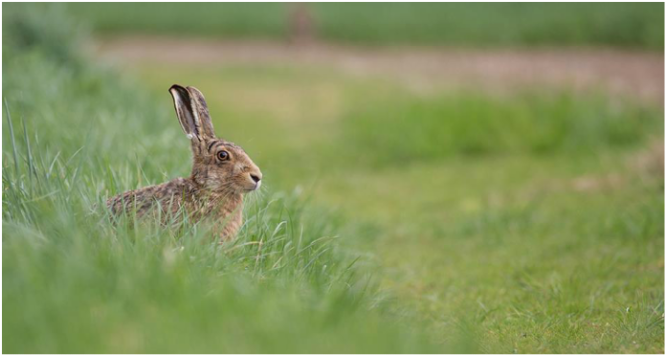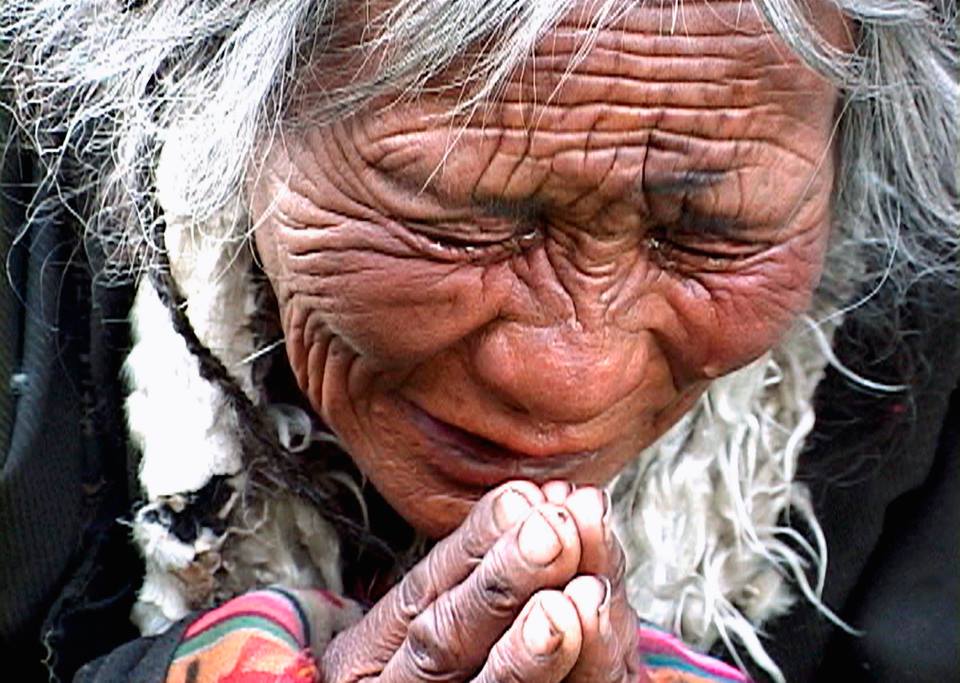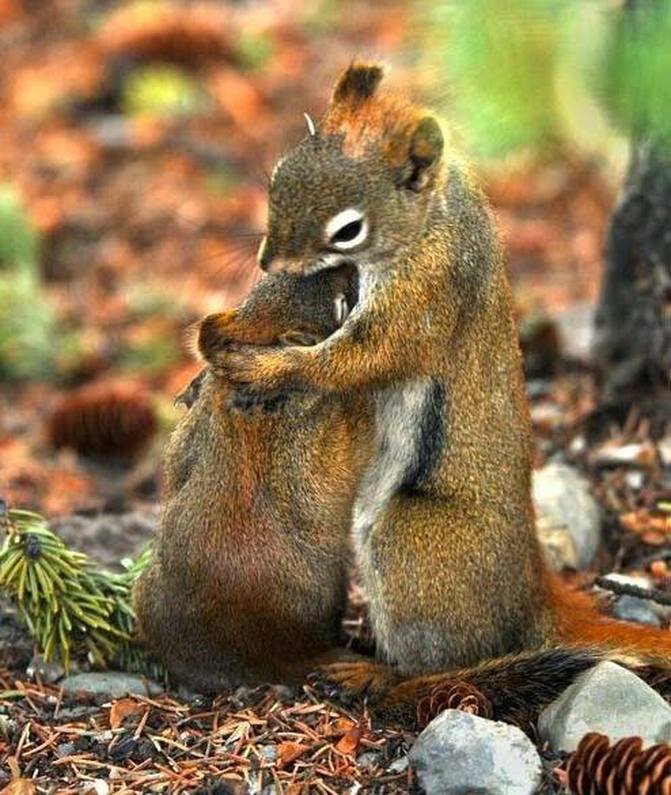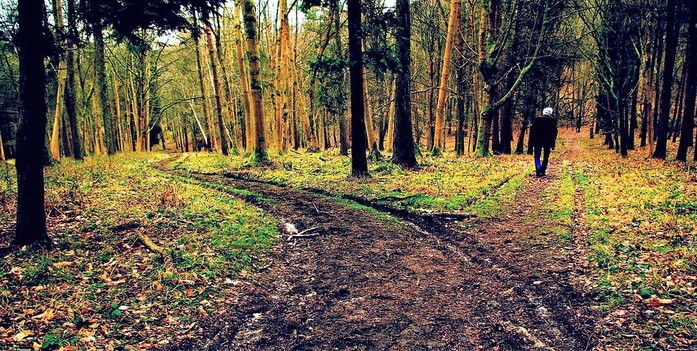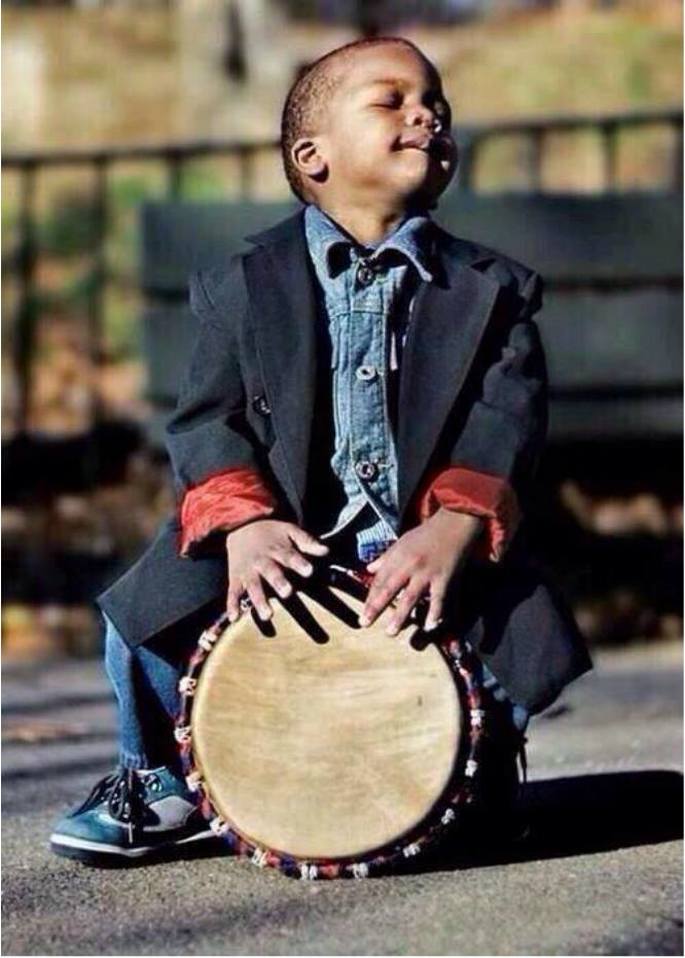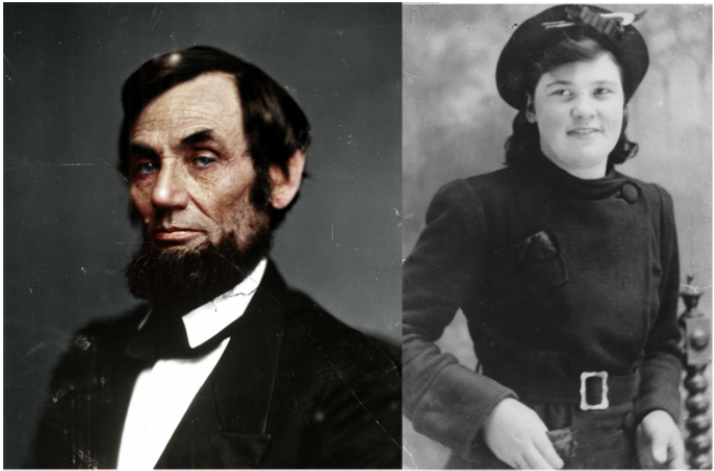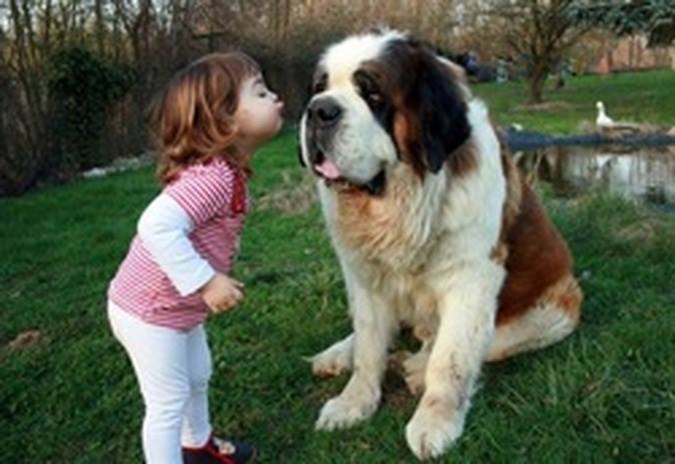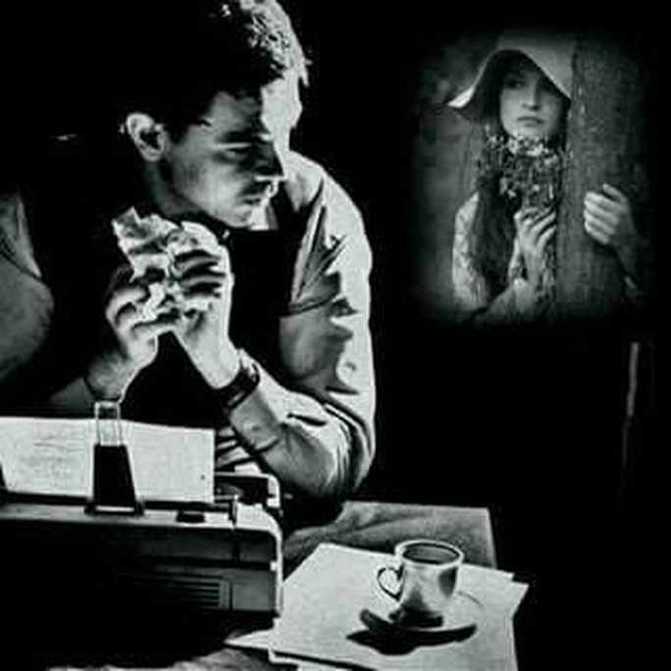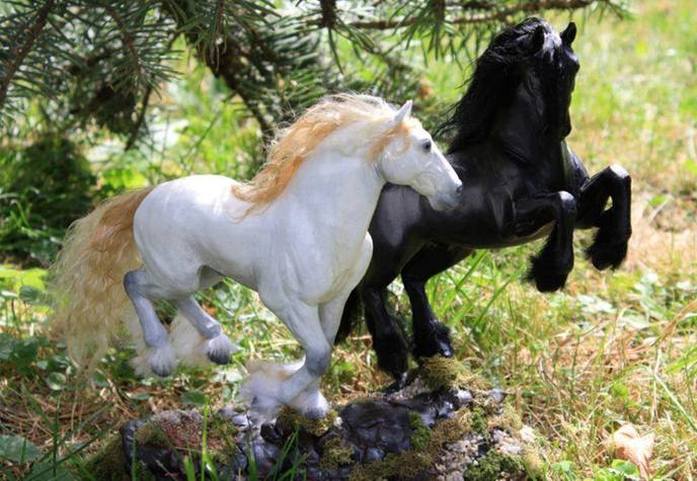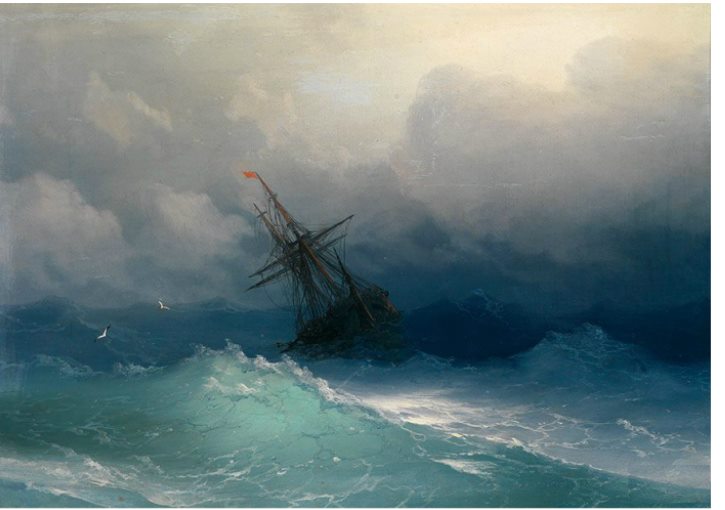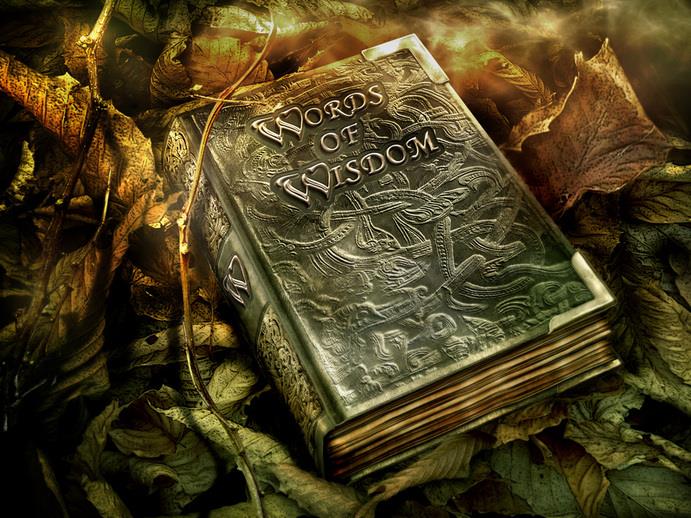"This thing called 'failure' comes not from falling down but is born in the staying down and refusing to get back up to face life anew. Anyone who has never made a mistake has never thrown off their comfort blanket and tried anything new. The simple truth is the more often we get knocked down in life, and the more we get back up, the stronger we inevitably become.
Success in one's life comes more frequently to those who are prepared to make bedfellows of chance and opportunity. As the promoters of the National Lottery say,'You have to be in it to win it!' Consequently, the person who will always get more out of life will also be the one who puts more into it and isn't afraid to live it!
I used to practice singing in my youth and became good enough to earn a living from my voice for the first two months I lived in Montreal at the age of 21 years. At that time, I thought myself to be the best singer on the club circuit, only to discover there were many who were better. So I took my bat home, gave up my brief singing career and never sang again in public for forty years.
I recently became determined to learn the words of one of my mother's favourite songs that she sang daily as I grew up, 'The Isle of Innisfree'. This song is from the family film that all the Fordes watch every Christmas; 'The Quiet Man' starring John Wayne and Maureen O'Hara. In order to memorise the words of my mother's song, I have practised singing it every morning and evening on my 'Alexa' contraption that Sheila bought me. This computerised piece of machinery plays whatever I want upon voice command. Not only is this good for the old grey matter in fighting off the onset of dementia, but it has been very good for me as a person. As a son, I am pleased to have learned the words of one of mum's favourite songs, and part of me wants to believe that mum hears her eldest sing it to her daily. As an Irishman who has never sought British naturalisation since I came to England at the age of 4 years, (to be precise, I didn't actually 'come' to England, but was 'brought' here by my parents without them seeking my consent), it is one way I can continue to fly the flag of the old country and maintain my rebel status. As a person aged 75 years, singing the song keeps me in touch with all that I have grown up to love. As an individual, my daily singing practise has actually led to a gradual improvement in my voice, or could it perhaps be a more rapid deterioration in my discriminating hearing capacity? Whatever is happening to me, I know I feel better when I sing!
Many a confident player of plain voice will sing out loud while others of greater timidity and uncertainty will spend their days in hiding among the long grass as they waste their time stringing and unstringing their instrument, while the song they came to sing remains unsung. The only melody they will play over and over is one of permanent regret, as the life they could have lived passes them by, leaving any audience they once hoped to entertain, long departed.
So be not afraid to fail, or to sing out, for in every failure can be found the seeds of future success and in every song can be heard the voice of all sentiment.
All action implies some risk, and the bolder the action the greater the risk. Risk-taking, however, provides the best immunisation to fear reduction; for without learning to engage in such risk from time to time, you'll simply become immobilised in the lamplight of uncertainty and get eaten up by the world around you." William Forde: January 31st, 2018.
https://youtu.be/-bJkKevvslY
